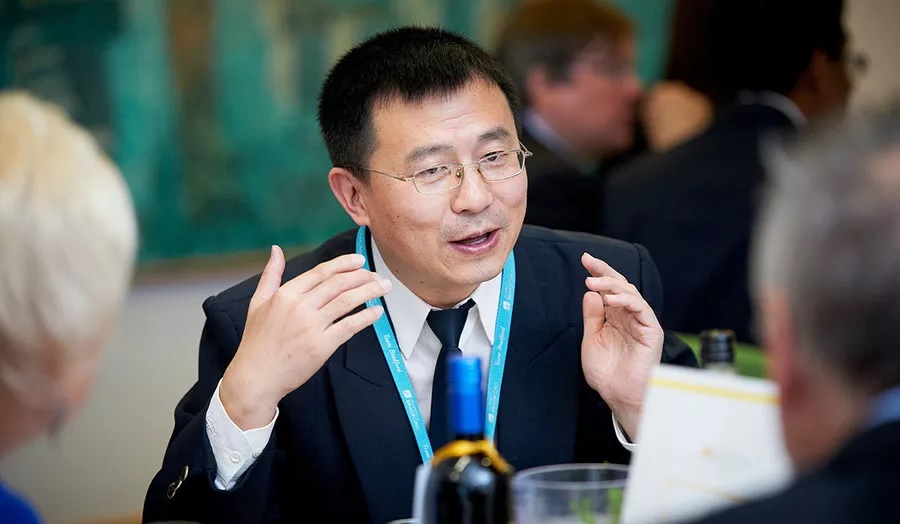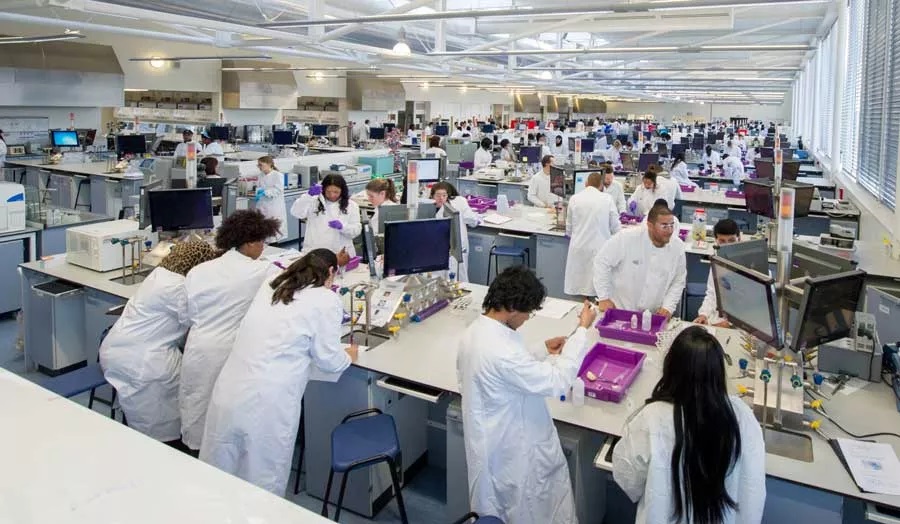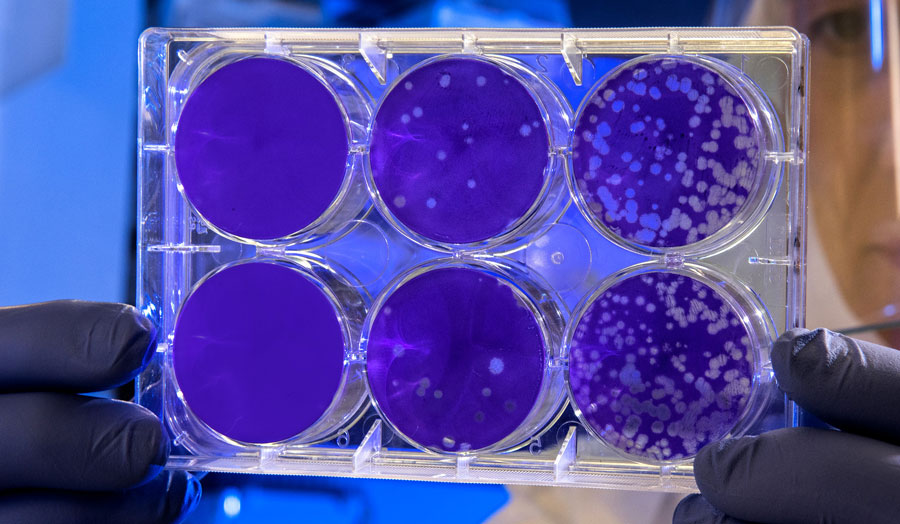Apply for this course
Please select when you would like to start:
Use the apply button to begin your application.
If you require a Student visa and wish to study a postgraduate course on a part-time basis, please read our how to apply information for international students to ensure you have all the details you need about the application process.
Why study this course?
Accredited by the Institute of Biomedical Science (IBMS), this postgraduate master's course is designed for biology, medicine, biomedical and life sciences graduates who are keen to develop their knowledge in this field. Studying in London, which is renowned for its medical institutions, presents you with ample opportunity for career development.
Accredited by the IBMS
This course is accredited by the Institute of Biomedical Science (IBMS)
One of the best cities to study medicine
Studying in London, which is renowned for its medical institutions, presents you with ample opportunity for career development
Learn from industry professionals
Our tutor team and the specialist guest lecturers delivering the course have an exceptional research profile, particularly in oncology, molecular medicine, immunology and virology
Course modules
The modules listed below are for the academic year 2024/25 and represent the course modules at this time. Modules and module details (including, but not limited to, location and time) are subject to change over time.
Year modules
Advanced Immunology
This module currently runs:autumn semester - Wednesday morning
(core, 20 credits)
The module focuses on the development and operation of the immune system in both health and disease and explores current research in immunopathology, stem cells and immunotherapy. Review the development and operation of the immune system in both health and disease. Explore current ideas in immunopathology, immunosuppression, stem cells and immunotherapy. Explores recent developments in immunoassays and immunocytochemical techniques for detection of antigens and disease markers.
Read full detailsBiomedical Diagnostics
This module currently runs:autumn semester - Thursday morning
(core, 20 credits)
Biomedical Diagnostics focuses on current and emerging wet techniques used to analyse disease biomarkers, with an emphasis on genomic markers, for diagnosis in medicine. It runs in the Autumn semester and is assessed by an in-course test and an essay. There are no pre-requisites other than satisfaction of general entry requirements, and it includes a component of laboratory work.
Read full detailsClinical Biochemistry
This module currently runs:autumn semester - Thursday afternoon
(core, 20 credits)
This module provides a review of the principles and practice of clinical biochemistry. It draws student’s attention to evolving technologies and expands understanding of biochemical analysis, metabolism and physiology to those situations commonly encountered in the clinical chemistry laboratory. The aims of this module are to provide a critical review of the principles and practice of clinical biochemistry, to draw students attention to evolving technologies and to expand understanding of biochemical analysis, metabolism and physiology to those situations encountered in the clinical chemistry laboratory. The students will be able to demonstrate how these principles are applied to contemporary clinical and laboratory practice both for service provision and research and able to examine the evidence for use, and limitations of, the common procedures used in the diagnosis and management of patients and donors. It will also enable them to outline the principles of quality management and the principles of health and safety management relating to clinical biochemistry.
Read full detailsIntegrated Pathology
This module currently runs:spring semester - Tuesday afternoon
(core, 20 credits)
This module reviews the aetiology, pathophysiology and clinical investigation of selected systems diseases that make a significant contribution to morbidity and mortality within healthcare. It gives an evaluative systems approach to disease (including cardiovascular, respiratory, renal, gastrointestinal, endocrine, immune disorders and cancer) with reference to underlying molecular and cellular perturbations.
The module aims to provide, through in depth study, knowledge and understanding of pathology, characterise molecular and cellular factors underpinning the pathogenesis of selected human diseases and an appreciation of the genetic basis of inherited diseases using up-to-date primary sources and discusses the latest technological innovations.
It will also allow students to critically research and evaluate selected topics within the subject area, and communicate the results in a cogent and balanced manner, reinforce analytical, evaluative and communication skills.
Research Project
This module currently runs:spring semester
summer studies
autumn semester
(core, 60 credits)
This module provides an opportunity for student-lead problem solving applying knowledge acquired to a specific research question . The module aims to provide students with the opportunity to apply and develop previously acquired knowledge and skills to a laboratory or IT-based biomedical research problem; and undertake, critically evaluate, reflect, and report on, an individual research programme.
Read full detailsScientific Frameworks For Research
This module currently runs:spring semester - Wednesday morning
autumn semester - Tuesday morning
(core, 20 credits)
The module is designed to provide students with an understanding of skills needed for the planning, organisation and practice of research in science. Different analytical approaches to problems will be reviewed together with the need to consider statistics and quality control in the design of projects. Students will consider the impact of appropriate safety, ethical and resourcing implications in the design and operation of a project.
Read full detailsCancer Immunotherapy
This module currently runs:spring semester - Wednesday afternoon
(option, 20 credits)
This module explains the existing cancer therapies, including radiotherapy, chemotherapy and surgery and expands into growing fields in cancer biology and oncology of the role of the immune system in cancer development, especially the roles of inflammation and immunoevasion. Cancer Immunotherapy will enable an understanding of the underlying mechanisms of cancer growth and enable these concepts to expand into an understanding of the concepts behind developing targeted cancer immunotherapies.
Read full detailsGenetic and Genomic Informatics
This module currently runs:spring semester - Wednesday afternoon
(option, 20 credits)
This module applies in silico approaches to explore the relationship between genotype and phenotype in the context of human disease and health. It includes an analysis of the influence of genetic variation in human populations to the penetrance of disease phenotype and to responses to environment, lifestyle and therapy. It runs in the Spring semester and is assessed by two pieces of coursework and a presentation. There are no pre-requisites other than satisfaction of general entry requirements.
Read full detailsHaematology
This module currently runs:spring semester - Thursday morning
(option, 20 credits)
This module focuses on the practice of haematology in a clinical setting. Providing the understanding and knowledge of the theory and practice of haematology. The module also explores the epidemiology, causes, consequences and monitoring of haematological and haemostatic disease. A focus on Quality Assurance/Quality Control, Good Laboratory Practice and British Society for Haematology guidelines for current practice. The aims of this module are:
To develop an advanced and comprehensive knowledge of a range of haematological, haemorrhagic and thrombotic diseases, and to provide knowledge and understanding of the most recent advances in the clinical management of malignant haematological disease. Investigate current trends, practice and research in haematology. To develop an understanding of the provision for Quality Assurance/Quality Control, Good Laboratory Practice, and the National External Quality Assessment Service.
In conjunction with the above, the module will develop students' ability to appraise, research, critically evaluate, formulate and defend a 2,500 word research project on a topical issue in this field.
Medical Genetics and Genomics
This module currently runs:spring semester - Monday afternoon
(option, 20 credits)
This module focuses on human diseases with a genetic component, from monogenic disorders to complex, multifactorial diseases. Consideration is also given to hereditary mechanisms not linked to DNA sequence (e.g. genomic imprinting).
The module aims to provide an appreciation of the genetic basis of inherited diseases and, wherever possible, relate disease phenotype to mutations in gene products or to aberrations in gene expression. The material covered emphasises how an understanding of human biology has advanced through the study of genetic diseases, explores the development of therapeutic strategies using up-to-date primary sources and discusses the latest technological innovations.
Transfusion Science
This module currently runs:spring semester - Thursday afternoon
(option, 20 credits)
This module provides an in-depth understanding and knowledge of the theory and practice of transfusion and transplantation. Investigating the scientific principles of immunology, microbiology, haematology and medical technology which underlie the practice of transfusion and transplantation, with attention to current trends and research. The module also explores the ethical issues associated with transfusion and transplantation.
Read full details


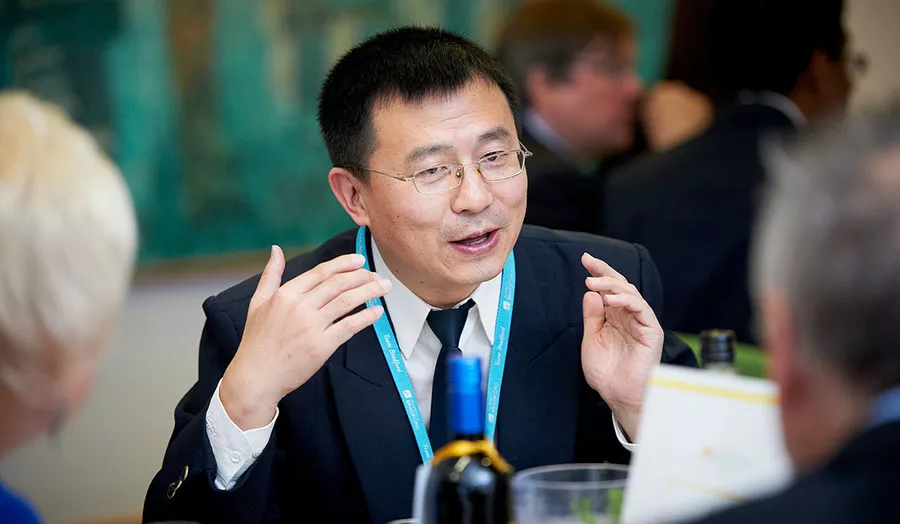
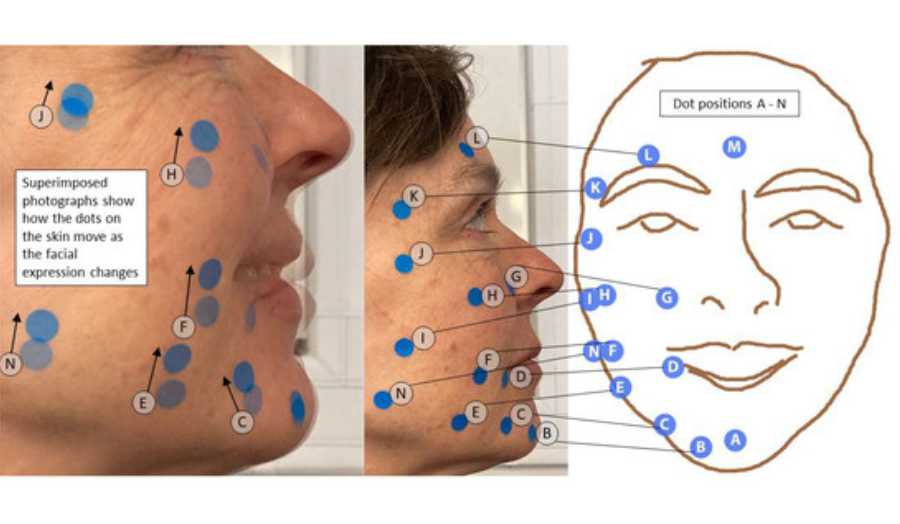
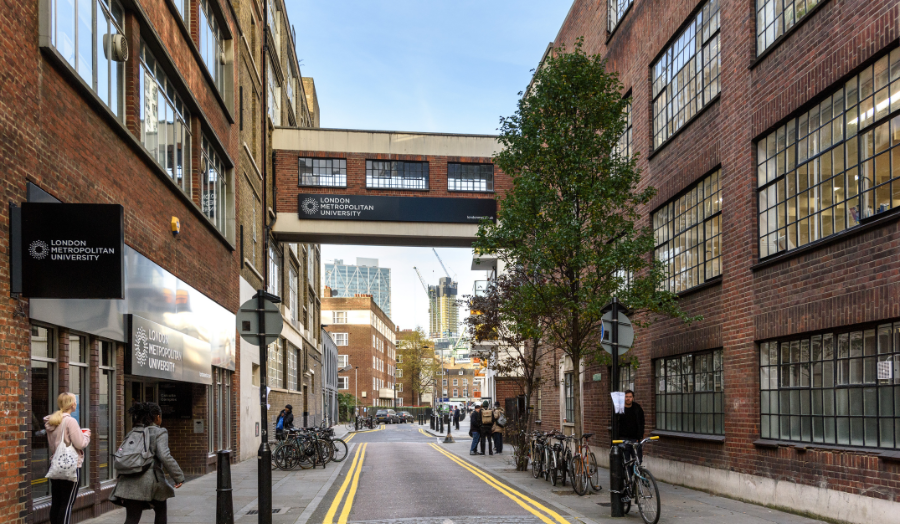
.png)
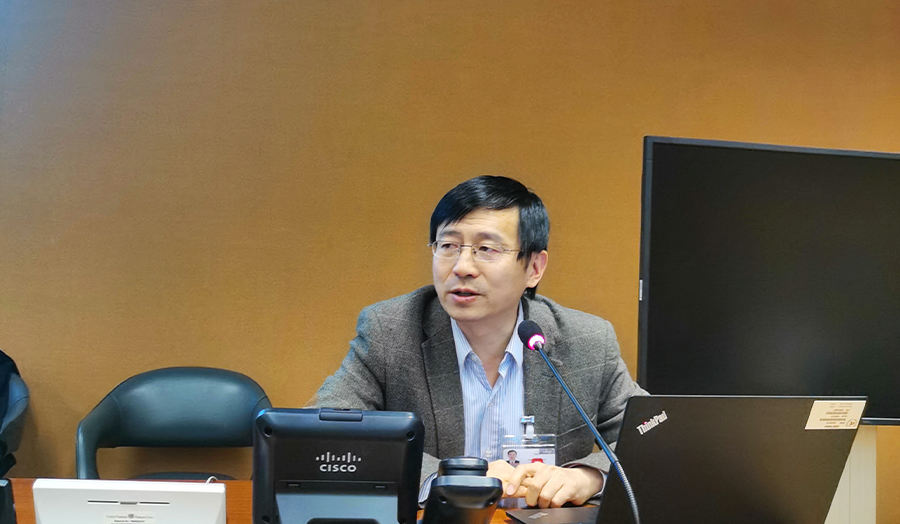

.png)



